 Questions have been raised after rival Unilever admitted it would allow Russian recruits. Photo: OLEKSEI PAVLISHAK/REUTERS has been drafted to fight in Ukraine as the company is under pressure to leave the country.
Questions have been raised after rival Unilever admitted it would allow Russian recruits. Photo: OLEKSEI PAVLISHAK/REUTERS has been drafted to fight in Ukraine as the company is under pressure to leave the country.
The food giant, which has six plants in Russia, declined to say whether it would intervene to stop the call-up of employees to fight in Ukraine.
Questions were raised after competitor Unilever admitted it would allow the drafting of Russian employees.
The Swiss company said it was closely monitoring developments in Russia and would «act to ensure the well-being» of its employees and «protect their fundamental rights.»
However, in response to further inquiries, Nestlé declined to say that it would take steps to end the conscription of its employees.
Russian law requires any company operating in the country to allow the conscription of workers if they are called up.
Nestlé and Unilever are among the few Western companies that remained in Russia after the start of the war in Ukraine.
Both companies have scaled back operations in the country and claim to supply essential goods to ordinary people not involved in the war.
Nestlé said it continues to sell «basic and basic foodstuffs.» Products available in Russian supermarkets reportedly include chocolate bars, Nescafé, Purina pet food and Bystrow breakfast cereal.
However, Western businesses are under increasing pressure to leave Russia entirely as the war in Ukraine drags on.
Valeriya Voshchevskaya of the Ukrainian Solidarity Project initiative group said: “By staying there, companies are essentially risking the lives of their employees and their reputation.
“It’s not like working in any other country. He operates in a country that has practically thrown every rule and every law out the window.”
Reginaldo Ecclissato, director of commercial operations and supply chain at Unilever, said continuing to operate its business in Russia with strict restrictions was better than selling it for potential Kremlin gains or shutting down and seeing the operations embezzled by the Russian state. /> Protesters carry banners 'Boycott of Nestle' when they take part in a demonstration against the Russian invasion of Ukraine last year. Photo: Shuttershock
Eddie Hargreaves, a stock market analyst at asset management company Investec, said the defense is starting to get implausible.
Mr Hargreaves said, «These arguments are now defunct because they don't really stop the Russians from doing whatever they want.»
He pointed out that the Russian government expropriated assets from Carlsberg and Danone last week under a decree targeting companies from the friendly» countries.
Mr Hargreaves said Unilever, Nestlé and other businesses are «blackmailing their employees into conscription» because if they don't they will be closed. down or their assets expropriated.
He said: «By staying on it, you risk losing more reputation in the world than in the short term in monetary terms and save in Russia.»
«At the same time, they cannot say that they are protecting their employees or their well-being.»
A Nestlé spokesman said: efforts to ensure access to basic and basic food for the local population.
«We continue to closely monitor developments in Russia and act to ensure the well-being of all our employees and protect their fundamental rights. We have made it clear that our employees in Russia should be considered essential workers, given the critical nature of our sector: food production.
“Of course, we are fully compliant with all applicable international sanctions against Russia.”

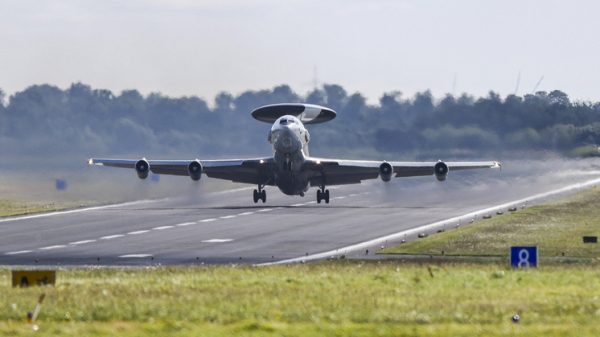

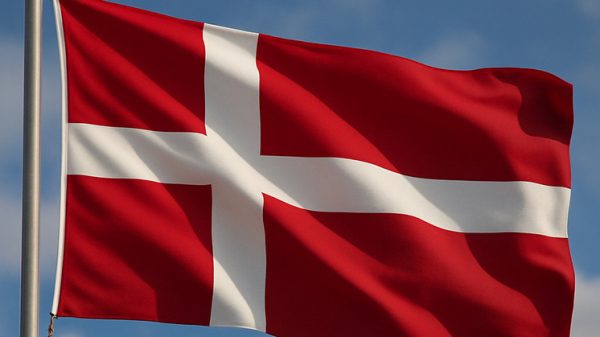
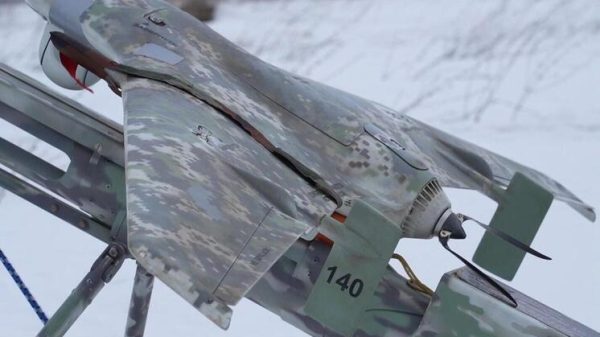
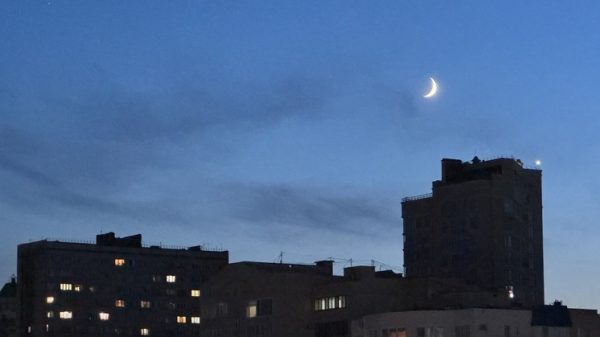











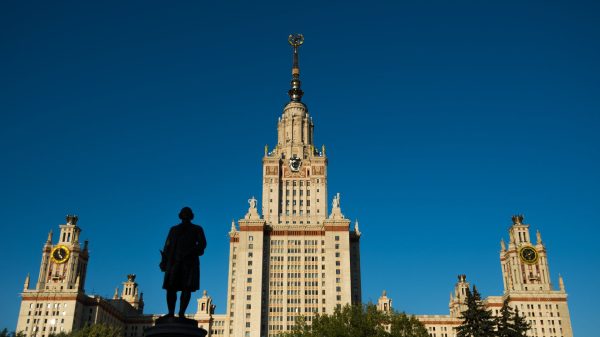



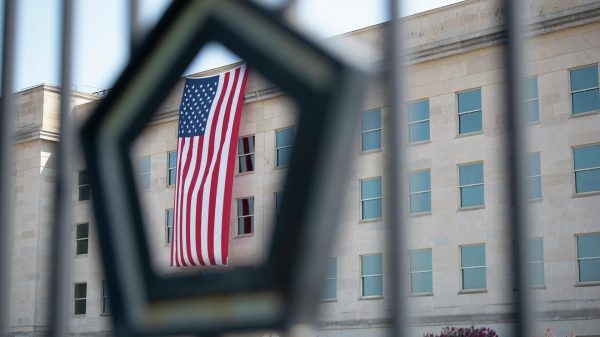







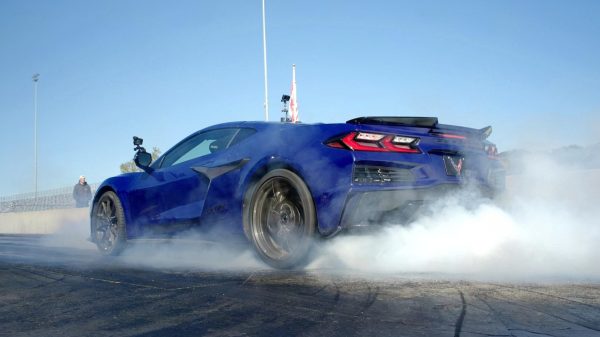






















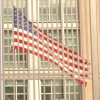
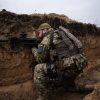

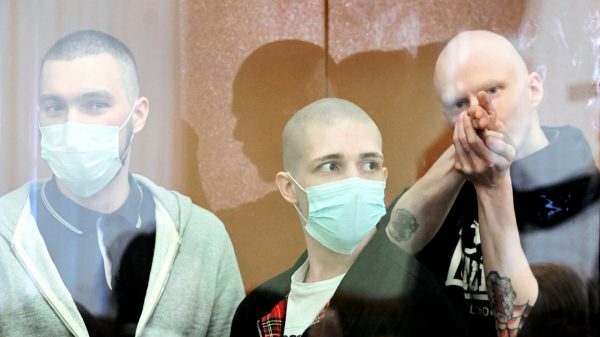

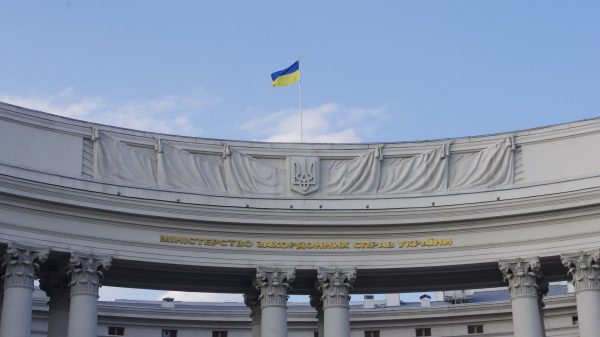
Свежие комментарии